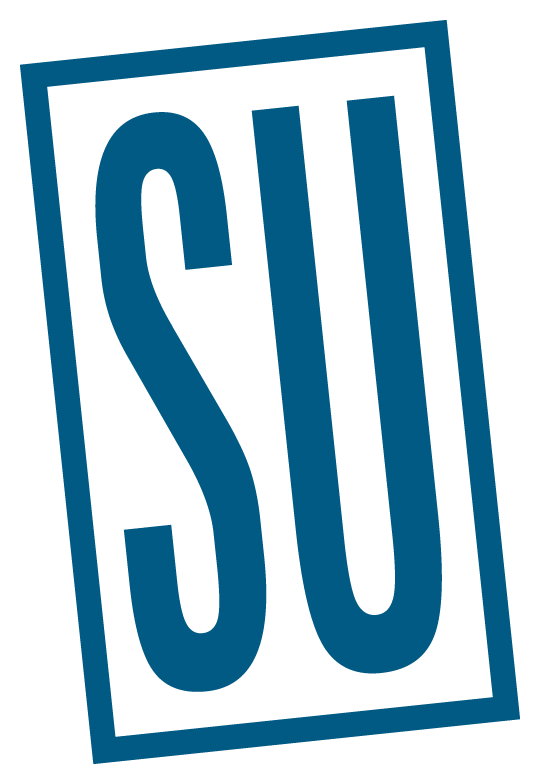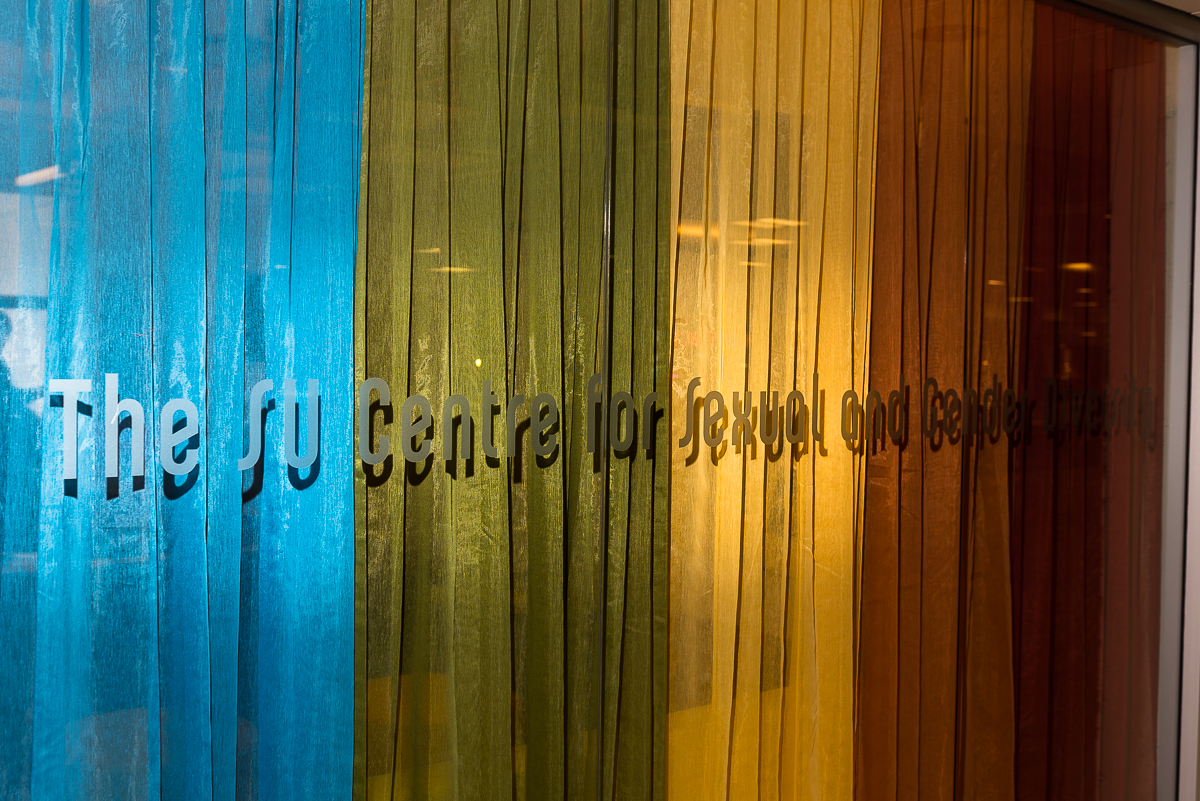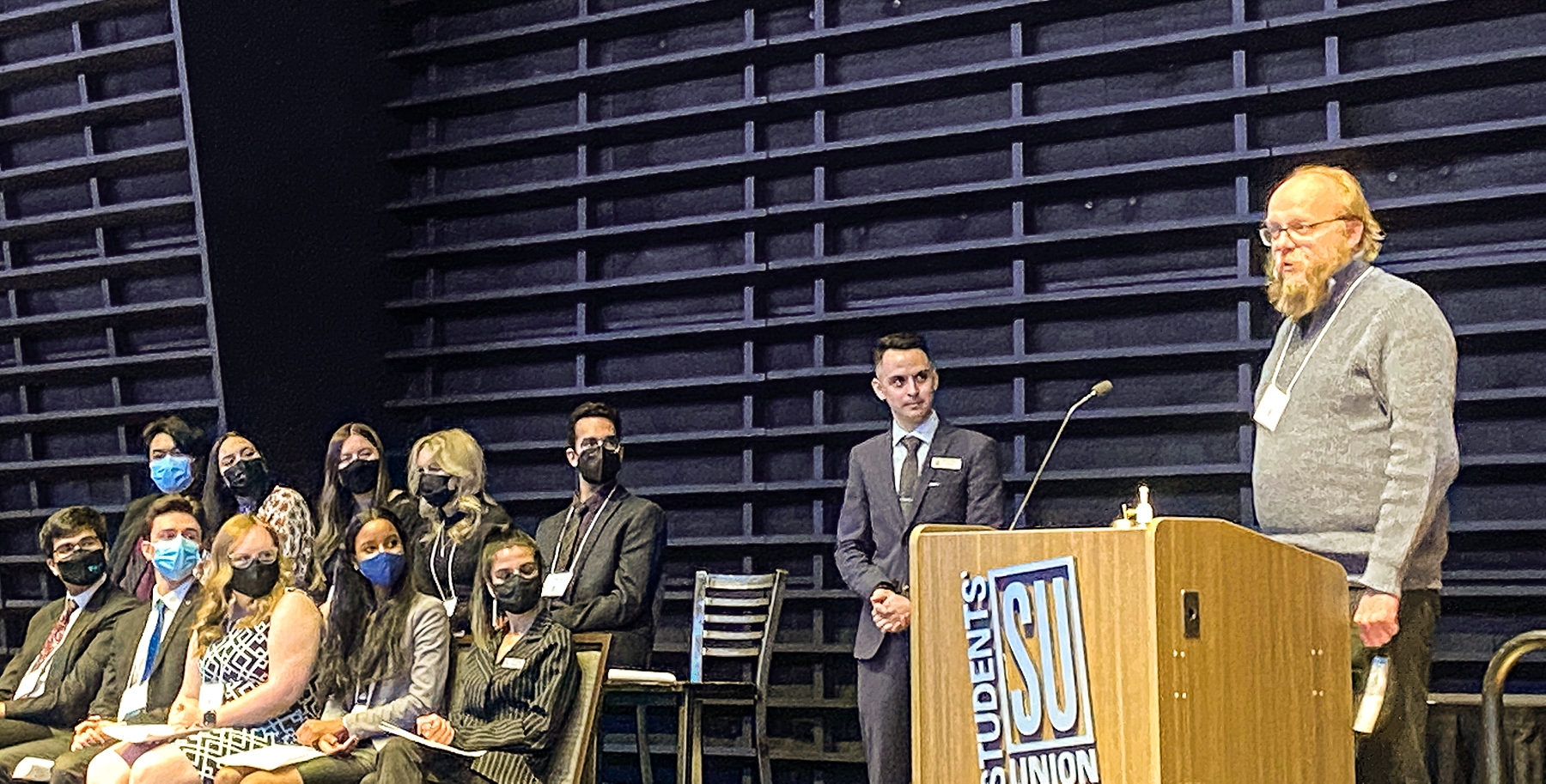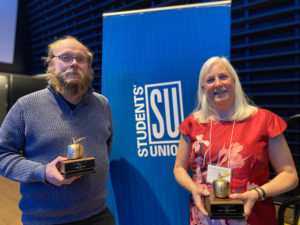Notice is hereby given that Nomination Days are Monday, September 26 to Wednesday, September 28, 2022. Nominations for the election of a candidate for the following offices will be received at Council Chambers in MacEwan Student Centre, from 10 a.m. to 3 p.m.
Office Avaiable (# of Vacancies)
- Vice President External (1)
- Vice President Operations and Finance (1)
- Board of Governors Representative (1)
- Faculty of Social Work Representative (1)
- Faculty of Kinesiology Representative (1)
- Haskayne School of Business Representative (1)
- Schulich School of Engineering Representative (2)
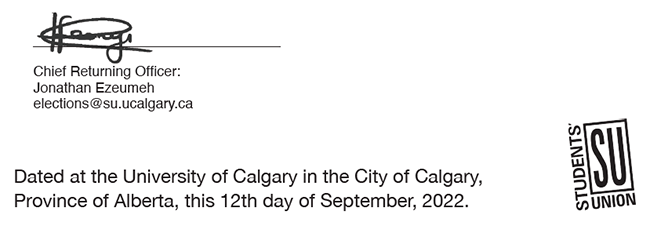
Nomination Packages are available on the SU Elections Documents page. See the SU Elections page for more election information.




